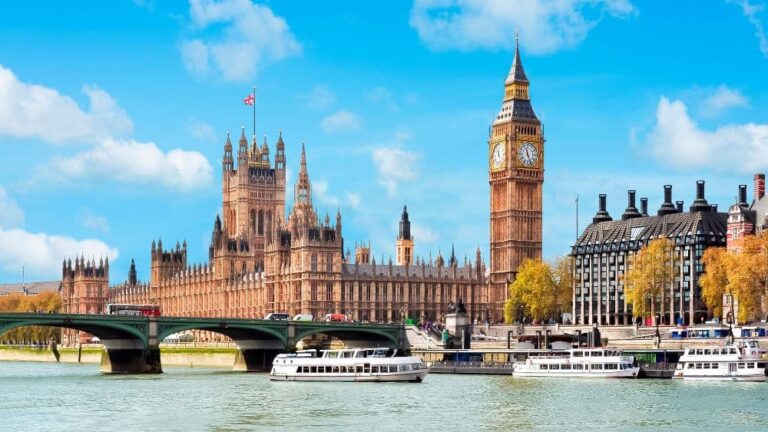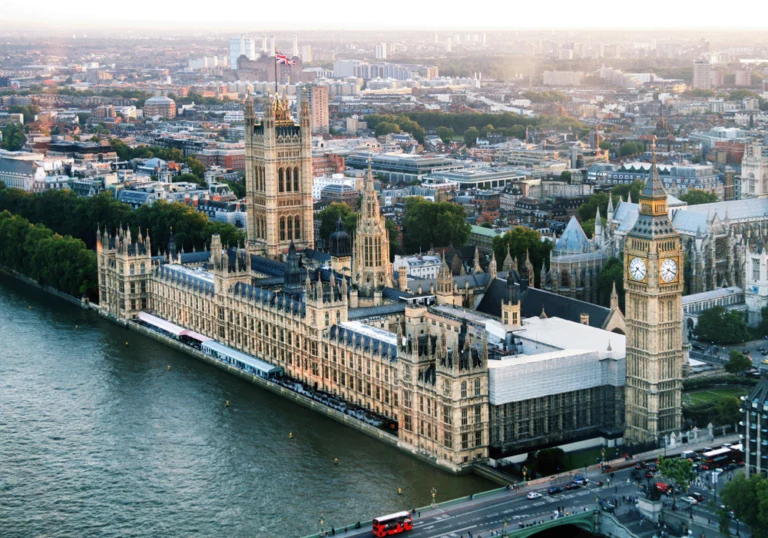
What is business property relief?
A summary guide for UK business owners
What is business property relief (BPR) and how does it reduce inheritance tax?
Business property relief (BPR) is a UK inheritance tax (IHT) relief that allows business owners to pass on certain business assets either during their lifetime or upon death with reduced or no IHT liability. It was originally introduced in 1976 with the aim of helping family businesses continue operating without needing to sell assets to pay IHT. BPR offers relief from IHT at rates of either 100% or 50% of the asset value – see below.
Watch the webinar
Our head of tax breaks down what the changes mean, how to prepare, and what actions you should consider now to protect your future.
Who qualifies for business property relief?
In order to qualify for BPR, the asset must have been owned for at least two years before death or transfer. The business must be trading, not mainly investing (e.g. property letting or share trading).
You may qualify for BPR if you own:
- A trading business or an interest in a partnership
- Shares in an unlisted trading company, including AIM-listed shares
- Land, buildings, or machinery used in a business you own or control.
Qualifying scenarios – BPR also applies in the following situations:
- On death: When business assets are passed on as part of an estate
- Lifetime transfers: Gifts or transfers into trusts during your lifetime
- Trusts: Trustees of settled business property may qualify for relief on periodic and exit charges.
What types of assets are eligible for business property relief?
BPR is only available on qualifying business assets. Currently, the rates of BPR are either 100% or 50%.
100% relief applies to:
- A whole business or an interest in a business
This includes sole traders, partnerships, or a share in a partnership. The business must be actively trading and not mainly involved in investment activities.
- Shares in an unlisted company
These are shares in companies that are not listed on a recognised stock exchange. This includes shares traded on the alternative investment market (AIM), which is considered unlisted for BPR purposes. AIM shares can qualify for 100% relief if the company is actively trading and meets the necessary conditions.
50% relief applies to:
- Land, buildings, or machinery used in a business
This applies when the asset is owned by an individual and used by a qualifying business, such as a family trading company or partnership. - Shares in quoted companies where the deceased had control (more than 50% of voting rights)
If the deceased held more than 50% of the voting rights in a publicly listed company, 50% relief may be available. - Assets held in a trust used by the business
This includes property or equipment held in trust but used by a business that qualifies for BPR. The relief is limited to 50% in these cases.
Upcoming changes from April 2026
The 2024 Autumn Budget introduced major reforms to BPR. The key changes:
- £2.5m cap on assets qualifying for 100% BPR (this cap is shared with agricultural property relief (APR) not in addition to)
- Assets above £2.5m will get 50% relief, taxed at 20% effective rate i.e. half of the 40% main rate of IHT
- AIM-listed shares will only qualify for 50% relief, regardless of value
- The £2.5m allowance is transferable between spouses or civil partners.
It is also useful to know:
- Instalment option for IHT- the option to pay IHT in 10 equal interest-free annual instalments will be extended to all assets qualifying for APR or BPR
- Index-linking – the £2.5m allowance will be index-linked to CPI starting 6 April 2030
How to prepare my business for the upcoming BPR reforms
- Review your estate plan: Assess how much of your business qualifies for BPR
- Business valuation – obtain accurate valuations, especially for unquoted shares
- Consider restructuring ownership to optimise relief under the new cap
- Review your will to ensure both spouses own qualifying assets to use individual allowances
- Insurance: Consider life insurance to cover potential IHT liabilities
- Consider lifetime transfers (see above)
- Evaluate current trust structures to ensure full allowance obtained.
These changes mean it is more important than ever to obtain professional advice to ensure you are best informed and obtain the best possible outcome to suit your circumstances – please get in touch with us to learn more.












